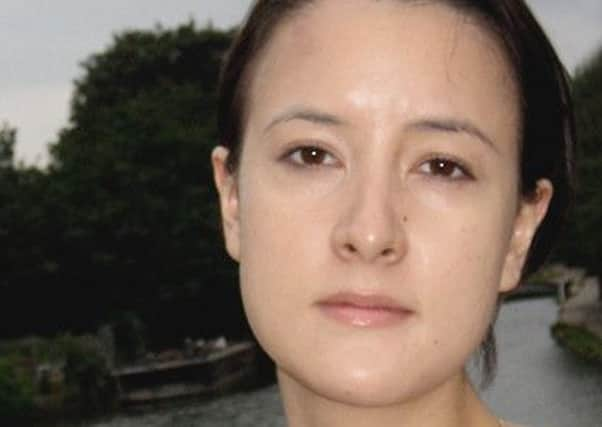Book review: Loop of Jade by Sarah Howe


Loop Of Jade
Sarah Howe
Chatto & Windus, £10
In her poem Sirens, Sarah Howe writes “I had one of those blurrings – glitch, then focus – / like a put-off optician’s trip, when you realise / how long you’ve been seeing things wrongly.” This sinuous, shimmering, mirage-like debut collection is littered with such moments of sudden realisation, and also haunted by the suspicion that there must be more to everything than meets the eye.
In Sirens, the blurring occurs when, reflecting on a line in a poem by Theodore Roethke, Howe suddenly twigs that a description of a girl’s “sidelong pickerel smile” is not a reference to juvenile pike, as she had always supposed, but to a small wading bird.
Advertisement
Hide AdShe knows she must now update her mental image of the girl from fish to fowl, yet try as she might she can’t shake the original image of the girl’s fishy grin. Could both images be right? Did the poet intend the double meaning?
Elsewhere, in Having just broken the water pitcher, she remarks on the fact that it wasn’t until after her 30th birthday that she “learned to see” that the almost-identical Cantonese characters for plum blossom and regret are only differentiated by a single small line – just “one sidelong stroke / of gum-suspended soot” bridging the gulf between two completely different ideas. Surely the similarity between the symbols implies some sort of link, but what could it be?
Howe was born in Hong Kong in 1983 to an English father and a Chinese mother, and moved to England as a child. She still has vivid memories of her time as a schoolgirl in Hong Kong – as demonstrated by the wonderfully evocative poem Islands, in which she recalls the girls at her boarding school sleeping three to a bed shelf, “like dumplings stacked in steamers” – but this collection is billed as a voyage of discovery, a journey in search of her roots.
Rather than learning about Hong Kong from an old hand, then, we are experiencing it through the eyes of someone visiting, if not quite for the first time, then for the first time in a long time – someone trying hard to rekindle faded memories. It’s an intoxicating, dream-like way to peer in at an unfamiliar culture.
Howe’s most effective point of entry into the world she left behind is her mother, and the stories she tells. In the poem that gives this collection its title, Howe describes the “pause-pocked, melodic, strangely dated hesitancy” with which she speaks – then gives it a beautiful typographical form all of its own, the text punctuated with blank-space pauses in which we imagine the daughter feels faintly embarrassed.
Elsewhere there are more general meditations on the significance of the mother-daughter bond in China – the poem Tame references the box of cinders which, according to an old Chinese custom, midwives used to place next to the bed of women in labour so the baby could easily be smothered if it turned out to be female.
Advertisement
Hide AdThere is clearly a rich imaginative seam to be mined in the tension between the two radically different worlds Howe inhabits. The haul from this preliminary exploration is considerable, but you sense the mother lode is still to come.